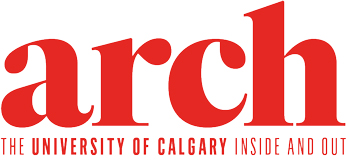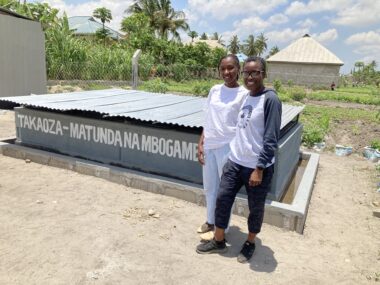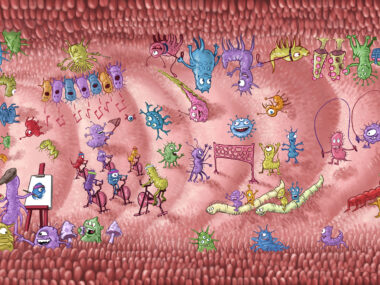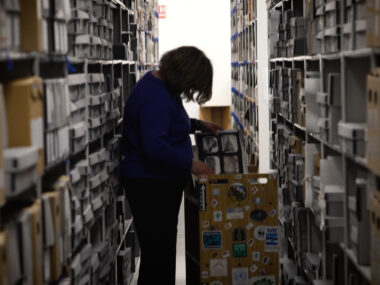Written by Jacquie Moore
While you may cringe at an adolescent memory of enduring the proverbial “sex talk” with your parents, that awkward conversation is proof that you were, at the very least, perceived as capable of one day engaging in an intimate romantic relationship.
Dr. Alan Martino’s older brother has cerebral palsy. Growing up, Martino, PhD, witnessed his parents talking to his sibling “about everything from finances to education, but never dating or sex.”
Sure, that’s an uncomfortable topic for many families but, says Martino, sex is often intentionally left off the table for individuals with disabilities; likewise, social agencies, care providers and schools are not always prepared or empowered to “go there.”
It’s an absurd and unfair reality with deep implications for people with development and intellectual disabilities. A new lab launched out of the University of Calgary’s Cumming School of Medicine is shattering this old taboo to make way for equitable sex education (and fun) for everyone.
Martino is a professor and researcher in the Department of Community Health Sciences. He recently established the virtual Disability and Sexuality Lab to drive access to sex education — and increase openness and opportunities for love, romance and intimacy — for people with disabilities.
“There’s a big stereotype that people with disabilities don’t need sex and they don’t need sex education,” says Martino. “They’re often seen as childlike and not interested in romance or sex — that’s an infantilizing and negative perspective.” Research, including Martino’s own, shows that such exclusion from access to sex education and information contributes to high rates of sex abuse in the disability community; adults who have an intellectual disability are four times more likely to be victims of sexual assault than adults without a disability.
What makes Martino’s research lab and communication hub particularly novel, however, is that while its scope includes safety and prevention of abuse, it also embraces a wider world of fun, positivity and confidence around love, pleasure and intimacy. “At the lab, there is no taboo topic,” he says. “We want to give people the vocabulary for online dating — we talk about ‘Netflix and chill,’ and holding hands on a Friday night, and what an eggplant emoji represents.”
The lab’s constellation of evidence-based tools and resources includes infographics, visuals and written material presented in plain language, all rooted in requests from the community. “I’ve been so heartened by the response to this initiative from service providers and from families,” says Martino, who receives weekly requests for information from, for example, parents asking for help showing their son how to navigate a dating website or individuals with developmental disabilities learning how to recognize a scam.
In a recent episode of Cerebral Palsy Alberta’s podcast series, My Life Without Limits, Martino joined co-host Carlos Gonzalez, who has cerebral palsy, to discuss sexuality, disability, and how injecting levity and kindness into the conversation changes everything.
“Coming from a place like Mexico, where people with disability used to be hidden, sex just isn’t in the vocabulary for a lot of people,” says Gonzalez. “That has started to change, but intimacy, pleasure, romance — those haven’t been seen as normal needs for people like me. Opening the conversation, making it lighthearted and natural, helps me feel more secure about my own future intimacy.”
As Martino and his team continue to collect data from the disability community and work to provide increasingly enriching resources, he also plans to expand mentorship opportunities for undergraduate students and forge partnerships with local social agencies. Lately, he’s received emails from organizations in the U.K., Chile and Mexico who want to follow the lab’s lead.
Martino is delighted but not surprised by the interest: “We all want to be loved and to have someone to love.”




